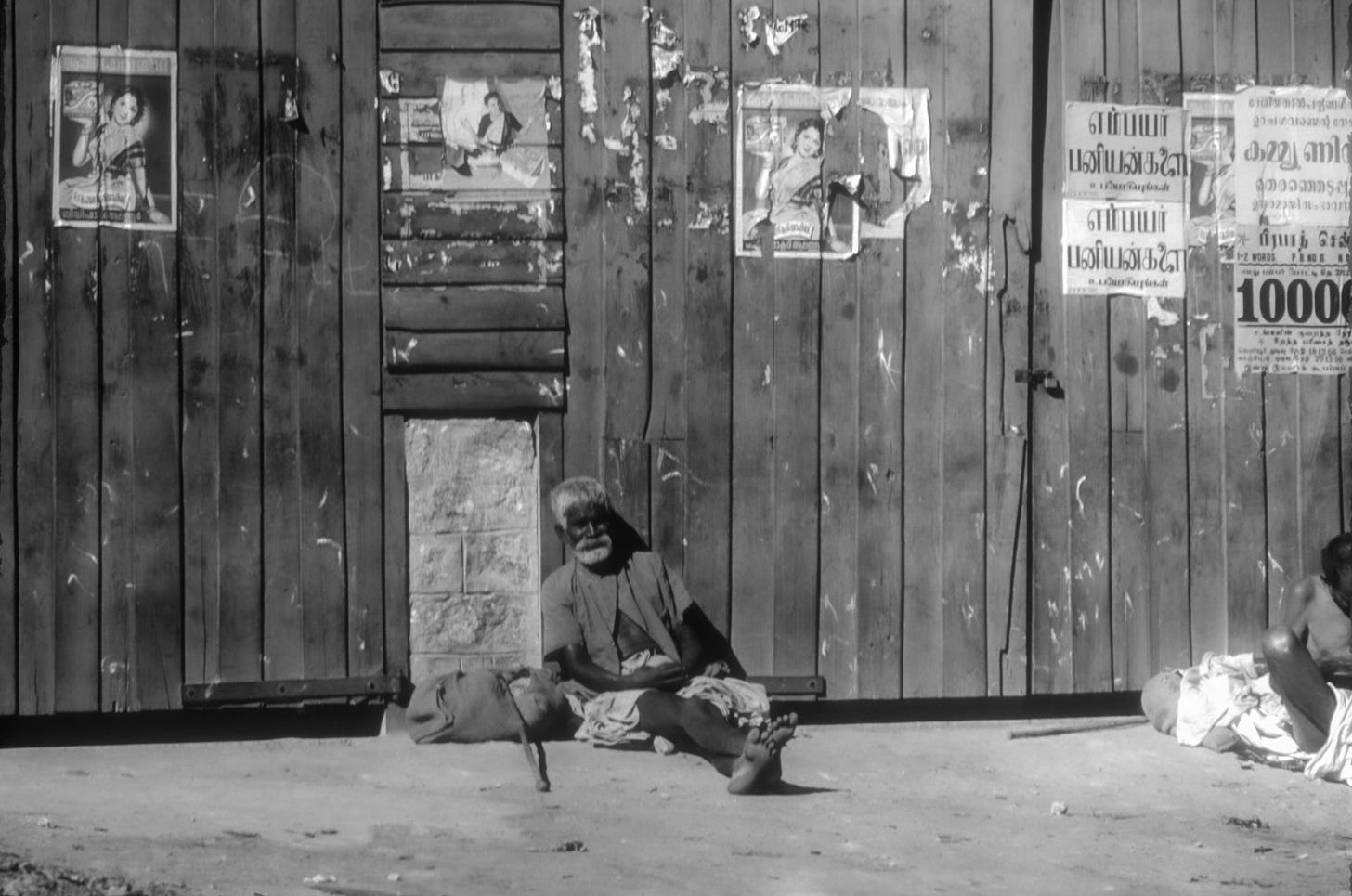The Revenant of the Lost Temple
After three years, the Holmes had made both Indian and foreign friends throughout the country. It was not uncommon for their friends to visit and spend a weekend in New Delhi. Or the family might be off in their Studebaker traveling what seemed to Jasper like endlessly long roads to distant places like the Taj Mahal. His parents visited Darjeeling and Tibet just after the Chinese asserted control over the semi-autonomous region, located in the highest place on Earth. They strolled along streets unchanged for centuries.
Mirages in the distance fascinated the boy, convinced they signalled the approach of a lake or even his beloved ocean. During monsoon season they often motored through remnants of floods when the road was very wet. Jasper waited for the distant illusions convinced they predicted the approach of water on long trips through the boiling plains. Usually they were just mirages that fooled him every time, except during the monsoon season when they occasionally came true.
One weekend in New Delhi, their old friends, the Finches, an American couple, came for a visit. The family and their guests sat around a beautiful round, engraved brass table. They sat in Bauhaus styled chairs made from a welded iron framework in the shape of a tear drop wrapped in wicker. His mother would be dressed in a patterned cotton frock, or a radiant silk saree in her emerald necklace, lips painted red, her face otherwise plain in the artistry of youth, resplendent in the equatorial light of the tapering day.
They drank gin and tonics with lime, or cold beer in crude Indian glasses. Without exception Jasper would ask his mother for a sip. Against her better judgement, she still usually allowed him a small taste, but only one. The tonic tasted bitter to him. He vastly preferred beer, fizzy with a flavor that intrigued him like nothing he’d ever experienced. It was a fleeting taste that, as an adult who loved beer, he was never quite able to summon the delightful sensation of, yet he could summon the memory of it as clear as a church’s ringing bell.
Mrs. Finch and Jasper’s father had repressed the memory of their liasons two years previous. Tactfully, Miggie played dumb and forgivingly went along with it for practical reasons. Herb Finch, blind to the affair and convinced Hubert was his best friend with no secrets between them, was comfortably ignorant of what had happened between his wife and his best friend.
Alice was quite the talker and Miggie, being the reverse, was forced to sit through her pointless rattling on about unnecessary anecdotes and uninteresting stories, not allowing a word in from anybody. And she was a very poor listener.
****
One of Alice Finch’s stories caught Miggie’s attention, an exception to the rule. It was about the colossal house the Holmes had occupied during their first assignment in Madras in nineteen fifty-six. The Finches were friends with the current occupants. Apparently the mysterious pits the snake charmers had searched for snakes in were all that was left of the foundation of an enormous temple that had occupied the site. The government had decided to demolish the temple and build the very house The Holmes had lived in with the columned porch and red roof.
Without a word the decision had been made. The priests and other holy men and women were shown the door, barely allowed to offer a word of dissent. Enormous machines soon arrived and an ancient monument was reduced to rubble and hauled away to the city center for concrete and fill, leaving the enormous pits the only evidence of the lost temple; the only trace of a deified place that humbly occupied the site for centuries, its foundations having segued to little more than snake pits.
One priest was the outspoken exception. Highest and most honored, at the time he was an old man with little time left to live. He’d had a long life managing his temple in reverence and unflagging loyalty to the Hindu pantheon and its dieties. An accident in mid-life had cost him his eyesight and he navigated the vast labyrinth with a simple cane, tapping to find his way through the passages. He was livid at the outrageous blasphemy of the project to demolish his temple.
He swore in death, as in life, he would never leave the hallowed site of his reverence, lost to the grotesque impiety of men.
Alice Finch thought it was all absolute poppycock. Miggie knew otherwise. A proverbial chill ran down her spine, circled around her lumbar region, and returned to the top of her neck, standing its hairs on end leaving her speechless with surprise. She recalled the tapping, and now unequivocally knew its origin. There could be no doubt. In her nights awake with aching anxiety, worrying that her marriage was over, she’d heard the blind priest—the revenant of the lost temple—roaming the site of the inflated house in adoration of its former glory.
In her mind the dead priest became a symbol, a martyr to a coming age of greed and ecocide and secular mischief. It would be her secret until close to the end of her life when she revealed it to her grown son, Jasper Holmes.
****
THE END
(TO TOGGLE BETWEEN CHAPTERS USE NAVIGATION BUTTONS BELOW)
****
Tony Heath is an artist, jazz musician, activist and writer of fiction and essays in Arizona. He and his wife, Kate Scott, co-founded a wildlife advocacy on their ranch in Cochise and Santa Cruz Counties.
Photographs © Tony Heath





